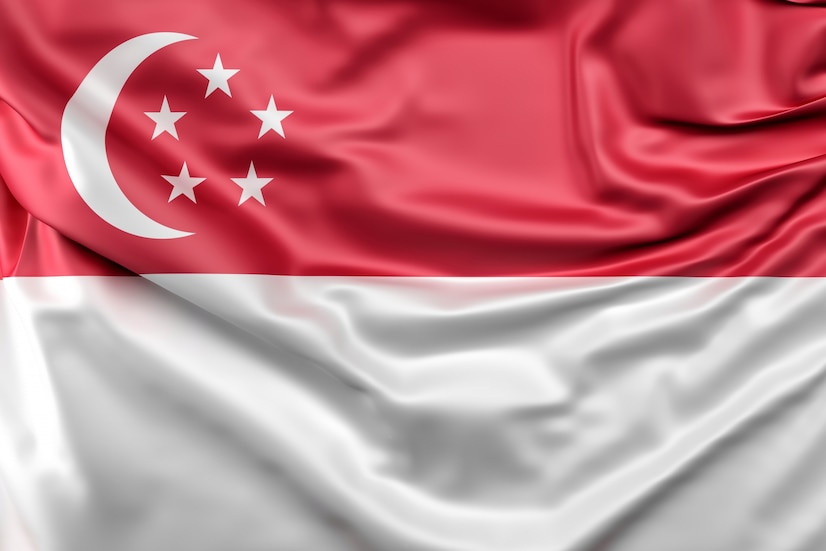France
Every year, students from all over the world flock to France to study abroad, making it one of the most popular study-abroad destinations. For Indian students, studying in France opens doors to excellent career opportunities abroad after graduation.
Why Study France
The French education system attracts a number of young aspirants every year because of its high level of technological development, culture, and reputation. In many cases, the French government will provide some financial aid to students, including international students, to help pay for their accommodation up to a third of the cost for students who meet certain criteria. French is often taught as part of a student's curriculum while studying in France if they lack proficiency in the language. The French have a rich heritage of art and tradition that makes them one of the most traditional countries in Europe. A second-place ranking in Europe and fourth overall in the Information Technology sector can be found in France. Technological progress in several fields has been spearheaded by France.
TOP COURSES
TOP COURSES
Career oppurtinities
Working In France During Your Studies:
Study in France for Indian students entitles them to work part time for up to 20 hours a week, off campus. In France there is a guaranteed minimum salary which is € 9.61 gross per hour.
Working in France after your studies:
Students who have earned at least a Master's Degree or the equivalent may apply for a one-time (non-renewable) temporary residency authorization (APS, authorisation provisoire de séjour) which is valid for 12 months beyond the date of expiration of the student's residency permit. The authorization enables the student to work at any job up to the limit of 60% of the official work week (that is, just over half-time employment).
Students who obtain a job related to their academic program at a rate of compensation equal to at least 1.5 times the national minimum wage, may enter full-time employment by filing a request for change of status (from student to employee) at their prefecture.
At the end of your studies, you can also be recruited by a company even if you are not an EU national.
Upon completion of education in France for Indian students, if they aim to come back to India and start their own career here, then their French degree will allow them to avail a circulation visa to France and Europe for 5 years, which will be extended throughout their life.
Education System
The French educational system is highly centralized; organized and ramified. It is divided into 3 different stages:
Primary education
Secondary education
Higher education
Primary Education:
In France, kids start school very early, school starts at the age of 3 (for almost 100%) and children spend 3 years in kindergarten. Schooling in France is compulsory until age of 16.
Secondary Education:
In France, secondary education is offered in two stages, namely, BEPC (Based Essais de La Petite Ceinture) and Baccalaureate. BEPC is equivalent to the 10th Std. in India & encompasses secondary school education from 11 to 15 year of age.
Higher education:
Higher secondary education from 15 to 18 years of age ruminates in a Diploma known as the Baccalaureate which is essentially the same as the 12th std. in India. The Baccalaureate is also known as Lycees.
Universities:
Education in France for Indian students can be attained through 90 public Universities spread throughout the country. They cover the entire range of academic disciplines from the Sciences, including Mathematics, Chemistry, Physics and Biology to Technology, covering Computer Science, Engineering, Material Science and Electrical Engineering through Literature, Language, Arts, Social Science, Law, Economics, Management, Health, Sports and more.
Grande Ecoles:
The Grande Ecoles are unique French institutions created in the early 19th century in parallel to the university system. They are extremely selective and offer education of a very high standard. There are over 300 Grande Ecoles in France covering different subject areas. The fee structure can sometimes be higher but students who decide to study in France through these institutions benefit from smaller class sizes, better support systems and excellent networks (alumni companies and international partners). These can be either Public or Private Institutions or part of both.














